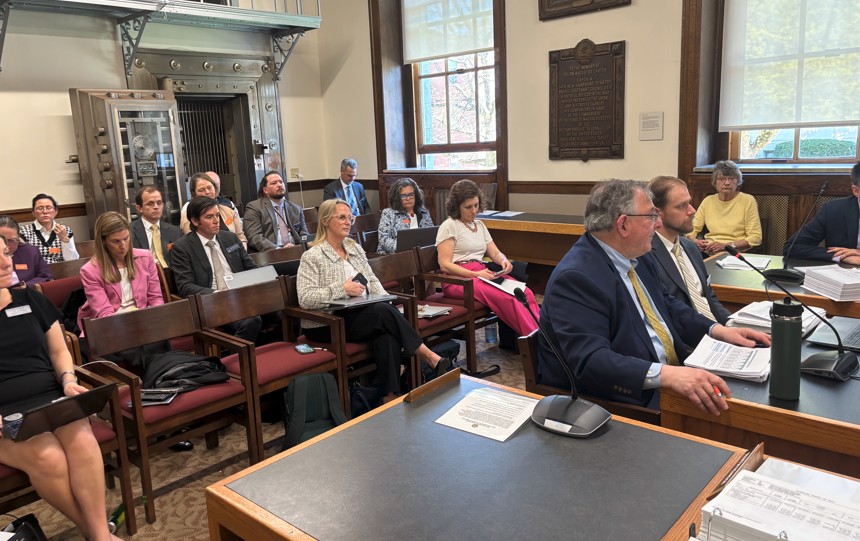Senate Finance Weighs Controversial Healthcare Cuts Proposed by House Budget

State lawmakers grappled with potential healthcare cuts during a tense Senate Finance Committee hearing on Monday, as a proposed House budget threatens to disrupt critical health services across New Hampshire. The proposed budget could dramatically impact everything from newborn health screenings to elder care at the Glencliff Home, raising serious concerns about the state's commitment to comprehensive healthcare.
At the heart of the debate is a potential dismantling of the state's 50-year-old family planning program, a service that has been a lifeline for countless New Hampshire residents. Senators listened intently as healthcare advocates and community leaders testified about the far-reaching consequences of these proposed budget cuts.
The hearing highlighted the delicate balance between fiscal constraints and essential healthcare services, with lawmakers wrestling with difficult decisions that could affect vulnerable populations across the state. From the earliest moments of life to the twilight years, the proposed budget threatens to reshape New Hampshire's healthcare landscape in ways that could have long-lasting implications for residents of all ages.
